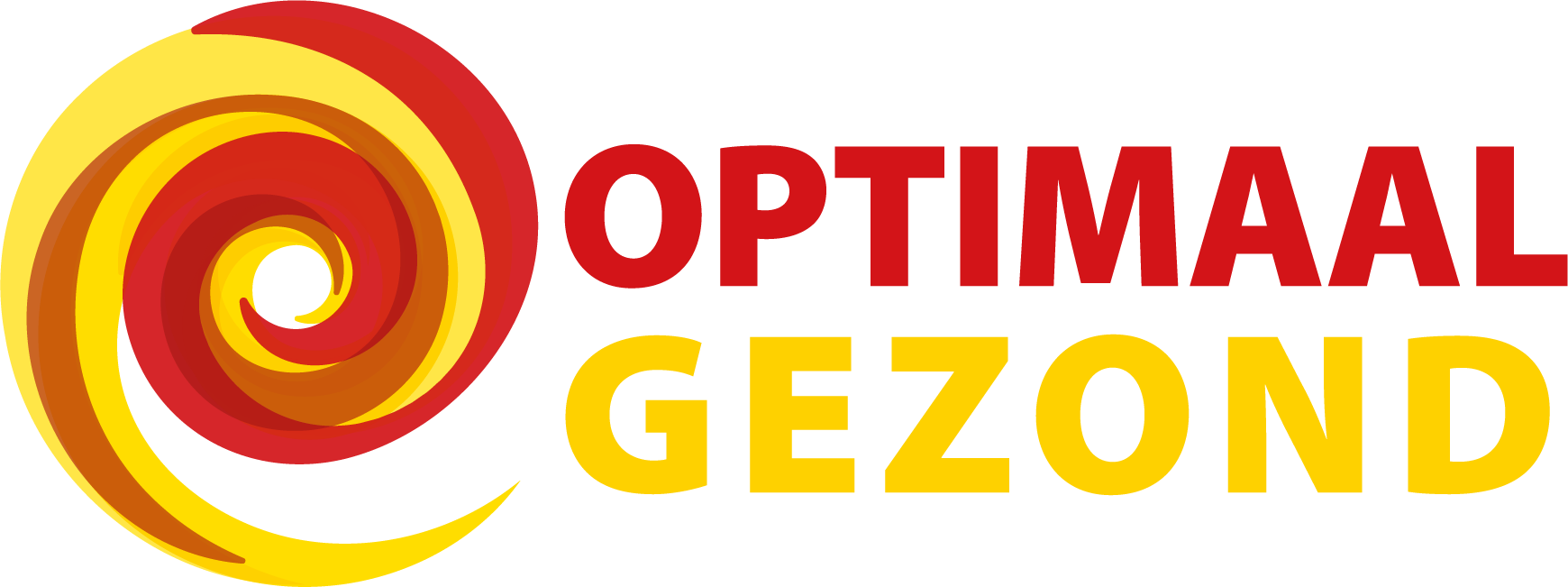There are no products in your shopping cart yet.
Hormonal Balance for Ultimate Sports Performance

Maintaining a Healthy Lifestyle: The Difference Between Feeling Good and Feeling Mediocre or Poor
Besides enjoying a diet with not too many carbohydrates to prevent insulin resistance, regular physical activity plays a key role in achieving and maintaining optimal health. In this article, we'll first delve deeper into the impact of exercise and maintaining muscle mass on the overall health of women. Then, we'll look at what estrogen dominance and progesterone deficiency do to athletic performance.
Exercise as a Personal Key to Health
Exercise is essential not only for weight management but also for improving cardiovascular health, reducing stress, and boosting our overall mood.
As modern women, we experience a hectic lifestyle daily, with responsibilities at work, in the family, and social obligations. Frequent and intense exercise (and I don't mean just walking the dog every day) provides not only a stress outlet but also helps maintain a healthy mental state amidst all challenges.
Additionally, exercise significantly influences our metabolism, which is crucial for maintaining a healthy weight. By consistently exercising and building muscle mass, our bodies burn calories, which makes it easier to prevent weight gain and boost our self-confidence.
Muscle Mass and the Female Body
Often, as women, we hesitate to engage in strength training, afraid of developing too much muscle mass. Yet, muscle mass is invaluable for maintaining a healthy body weight and boosting our overall health. Although we generally have less muscle mass than men, maintaining and building muscle mass offers numerous personal benefits. I see many young women at my gym who train almost daily and are muscular, yet they still look super feminine.
Muscle tissue is a powerful engine for burning calories, even at rest. By regularly engaging in strength training, we can not only increase our muscle mass but also burn extra calories, even when we are not active.
Discover the Benefits of Strength Training for Women
a. Fat Burning: Strength training is not only effective for building muscles but also helps burn excess body fat, helping us maintain a healthy weight.
b. Metabolism: Strength training boosts our metabolism, which is essential for maintaining a healthy weight and preventing unwanted weight gain.
c. Bone Health: In addition to strengthening our muscles, strength training also contributes to our bone health, an important aspect in preventing osteoporosis in later life.
d. Improved Posture and Balance: Developing muscle strength contributes to better posture and balance, helping us prevent injuries and maintain an active lifestyle.
e. You're Investing for When You're Older: Being able to carry your groceries at an advanced age, not needing a walker. Being able to stand up independently if you fall.
Personal Recommendations for Physical Activity:
For women who are not yet menopausal, the advice is to have at least 150 minutes per week of moderate intensity or 75 minutes of vigorous intensity physical activity, combined with strength training at least twice per week. Here are some personal suggestions:
a. Cardio Exercises: Choose activities that get your heart pumping, such as brisk walking, running, cycling, swimming, dancing, and aerobics, to improve your cardiovascular health.
b. Strength Training: Let those weights roll! Don't be afraid to train heavy. Remember, you'll never look like a man, but you'll feel stronger and more confident.
c. Flexibility Training: Give your body the attention it deserves with yoga and stretching to stay flexible and prevent injuries.
Conclusion:
For women, an active lifestyle is a personal investment in our health and well-being. Exercise offers not only physical benefits but also positive effects on our mental health and joy of life. Incorporating strength training into our fitness regime is key to maintaining muscle mass, boosting our metabolism, and leading an active, confident lifestyle. It's never too early to invest in your personal health. Discover the power of movement and strength training to be the best version of yourself.
The Impact of Estrogen Dominance and Progesterone Deficiency on Athletic Performance and Muscle Building
Let's face it, ladies - our hormones can sometimes be quite rebellious, especially when it comes to building muscle mass and achieving peak athletic performance. In this section, we'll delve deeper into the impact of estrogen dominance and a lack of progesterone on your athletic performance and show you how you can change the game.
Our hormones, estrogen and progesterone, play a dizzying dance in our bodies, and their balance is essential for building and maintaining that coveted muscle mass. Let's see how these hormones can impact your fitness journey.
Estrogen Dominance - The Muscle Growth Disruptor:
Did you know that estrogen, though essential, sometimes has the annoying tendency to thwart our muscle growth? An excess of estrogen can act as a brake, limiting muscle mass production by reducing muscle protein synthesis. That's not what we want!
As if that wasn't enough, estrogen dominance can also be accompanied by an increased tendency to store body fat. Bye-bye, muscle definition!
The Progesterone Deficiency Drama:
In the progesterone deficiency theater, the main character, cortisol, becomes the villain. A lack of progesterone can lead to increased activity of cortisol, the stress hormone that takes a toll on our muscles. Muscle breakdown? We don't want that!
Fortunately, progesterone also has a heroic side with anti-inflammatory properties. However, a lack of progesterone can hinder recovery after a strenuous workout, making it harder for you to get back in the saddle as quickly as you'd like.
The Rolling Waves of Impact on Athletic Performance:
Energy and endurance, the indispensable companions of every athletic woman, are affected by estrogen. A balance between estrogen and progesterone is key to optimal energy production, which you need for those long endurance performances and strength training sessions.
And then there's that somewhat annoying byproduct of estrogen dominance - water retention. You might feel heavier and less performance-oriented, but don't panic. We have an approach to deal with this.
The Golden Guide to Hormonal Fitness:
Supplement Smart: Consider supplements that support hormonal balance, such as omega-3 fatty acids, vitamin D, and progesterone cream.
Train Smarter: Tailor your training to your cycle. For example, intense training during the ovulation period can be beneficial.
Eat Smart: Don't eat too many carbohydrates and increase your protein intake.
Conclusion:
Let's embrace this hormonal rollercoaster and take control of our athletic performances. By understanding how estrogen and progesterone affect us, we can develop strategies to get the most out of our workouts and grow the muscle mass we can be proud of. Ladies, let's reach the summit together, hormonally balanced and stronger than ever before!
Comments (0)
No comments found.
 English
English


